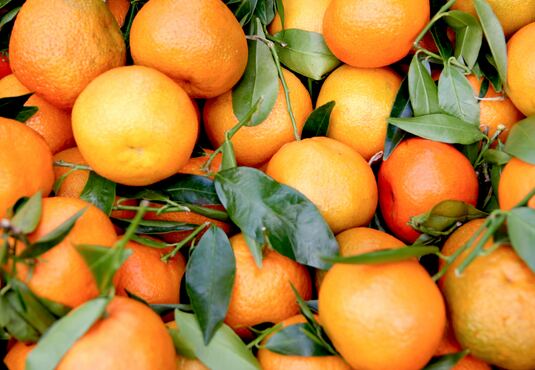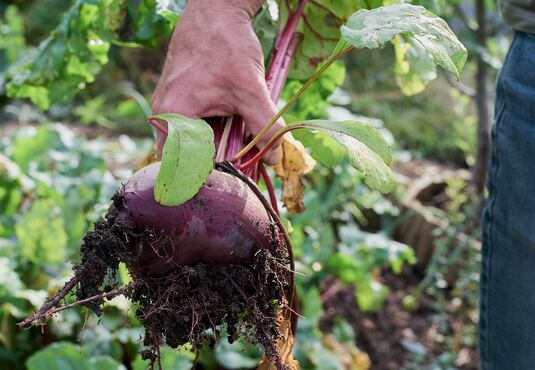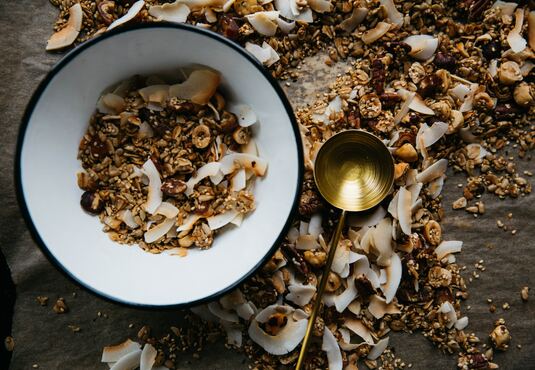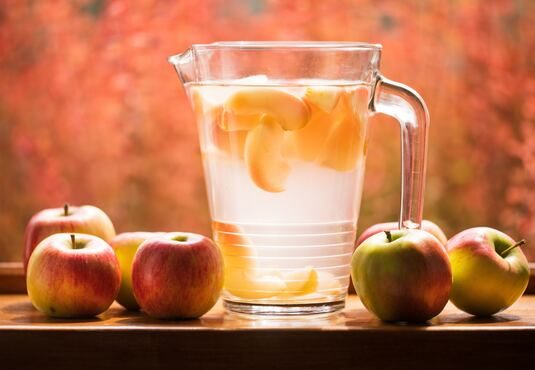
Vitamin Overview
Vitamin A - is important for metabolism, growth and eyesight. On top of that, the vitamin ensures the regeneration of our skin and mucous membranes and thus acts as a protective shield against viruses and bacteria. In nature, vitamin A often occurs as beta-carotene (provitamin). Yellow and orange fruits such as mango, apricot or honeydew melon contain a lot of valuable beta-carotene.
Vitamin B - is a group of eight vitamins in total. They are important for our body, amongst other things for the energy metabolism and the structure of immune cells.
Together they also help to reduce tiredness and promote our mental performance. Important for vegetarians and vegans: Vitamin B12 is only contained in traces in plant-based products.
Vitamin C - is one of the best-known representatives of "antioxidants" and thus helps us to fight against free radicals. In addition, vitamin C is important for wound healing, scarring and the maintenance of the functionality of our connective tissue. Most fruit and vegetable contain vitamin C. Acerola cherries are particularly rich in vitamin C, they contain even more than oranges, lemons, kiwis or strawberries.
Vitamin D - our immune system needs to control a number of physical functions. With the help of UVB rays, our body can produce vitamin D itself. A daily sunbath of around 15 minutes is enough in summer. However, especially in winter you should eat a diet rich in vitamin D, such as sea fish but also eggs, dairy products, avocados and mushrooms.
Vitamin E - as a fat-soluble antioxidant it provides cell protection during immune reactions and is also required for the production of antibodies. In addition, vitamin E can reduce inflammatory reactions and help prevent arterial calcification. It occurs mainly in vegetable oils, but also in wheat germ, flaxseed and nuts.
A balanced diet that consists primarily of fresh, plant-based food and a moderate "animal" content (but high quality!) is considered "power food for the immune system". In addition, it is also important to drink enough (at least 1.5 to 2 liters, ideally water, mineral water and unsweetened teas), because viruses and bacteria attach particularly easily to dry nasal and pharyngeal mucosa. Exercise in fresh air is also helpful, as well as good sleep and avoiding stress. Like stress, a lack of sleep can lead to an overload of the immune system, i.e. a reduction in defense cells and thus an increased susceptibility to germs.







